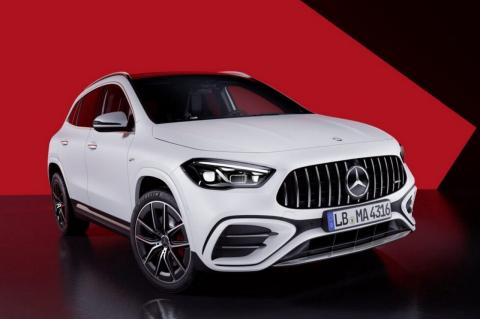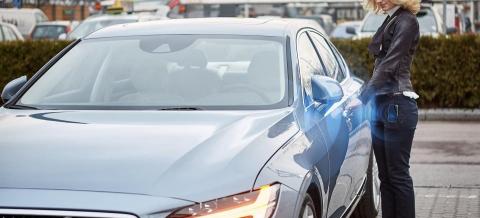The European standard prohibits the sale of new combustion cars after 2035, but what about vehicles marketed before that date?
Despite the doubts that appeared at the last minute and the refusal of some countries, especially Germany and Italy, in the end it will only be possible to sell electric or carbon-neutral vehicles from 2035. But, if you buy a diesel or gasoline car before after that date, don’t worry, because you will be able to continue using it.
With this new regulation, the European Union wants to reduce CO2 emissions from cars and vans to reach zero emissions, something that should happen in 2050, favoring the use of electric cars.
Specifically, the objective of this measure is to reduce the emissions of passenger cars by 55% and those of vans by 50% by 2030, compared to the values of 2021. The second step, as we say, will be to achieve zero emissions in 2050.
According to the new regulations, all cars sold after 2035 must be zero emissions, that is, electric or hydrogen fuel cell (or any other technology that does not expel polluting gases).
The rule only contemplates two exceptions: manufacturers with small volumes of annual production (1,000 to 10,000 new passenger cars or 1,000 to 22,000 new vans), which will have until the end of 2035 to adapt, and the total exception for those brands that register less thousand vehicles a year.
But, the question that many ask is: if I already have a car with a diesel or gasoline engine, will I be able to continue using it beyond 2035?
If you buy a diesel or gasoline car before 2035, you can continue using it after
The answer to the above question is yes. Another thing will be if the use of diesel and gasoline cars will be more limited, since restrictions on private traffic in cities are expected to increase, especially with ZBEs, not only in Spain but also in the rest of Europe.
However, what is certain is that, if you have a combustion car, you will be able to continue driving with it, because the EU measure obliges manufacturers to sell electric cars as of that year, but does not prohibit the use of cars with thermal engine from 2035.
You can even continue buying a gasoline, diesel or hybrid car from that date. Of course, it will be second hand. In theory, it will not be until 2050 when the use of combustion vehicles is definitively prohibited. But this is only the current idea and it will be necessary to see if it can be fulfilled or not.
variety of options
On the other hand, it should be emphasized that it is very difficult to make forecasts with such a wide margin of time, taking into account that, along the way, an infinite number of things can happen that force us to change our approach.
Many voices in the automotive sector assure that the future of mobility will not be 100% electric and are committed to the existence of different technologies, although all of them are committed to a common cause: considerably reducing CO2 emissions.
In this line, e-fuel or synthetic fuels have gained special importance, something on which several brands are already working, such as Porsche or the Stellantis Group. In fact, Germany is clearly committed to this type of fuel by 2035.
There are also those who argue that hybrid cars are a solution that may continue to be interesting in the coming decades, especially plug-in hybrids with autonomy that are getting closer and closer to the 100-kilometre threshold and allow emissions to be reduced without resorting to heavy and expensive (and polluting) batteries.
In short, as much as the European Union has already announced a ban on combustion cars in 2035, we don’t know what will happen between now and then and it is difficult to make forecasts. What is clear is that we will be able to continue using diesel and gasoline cars. We’ll see where and until when.












